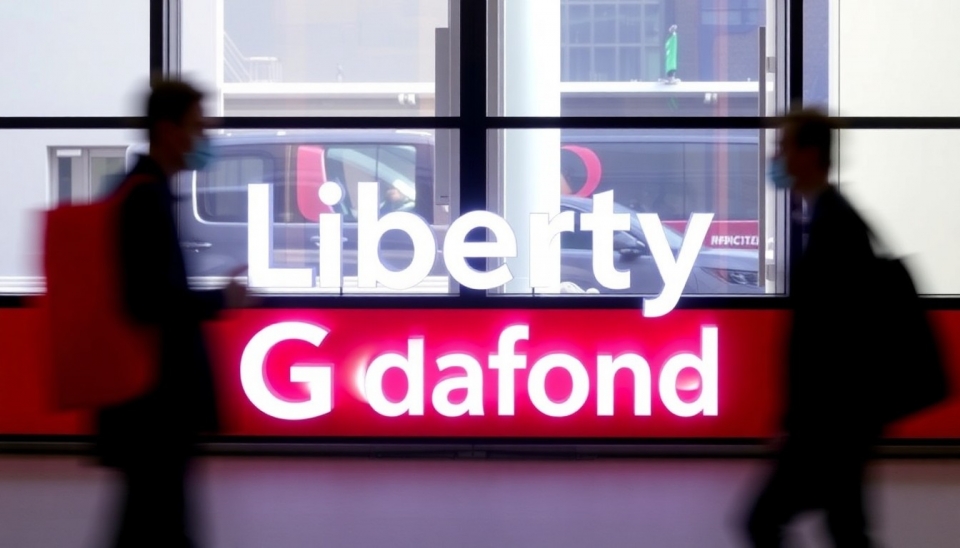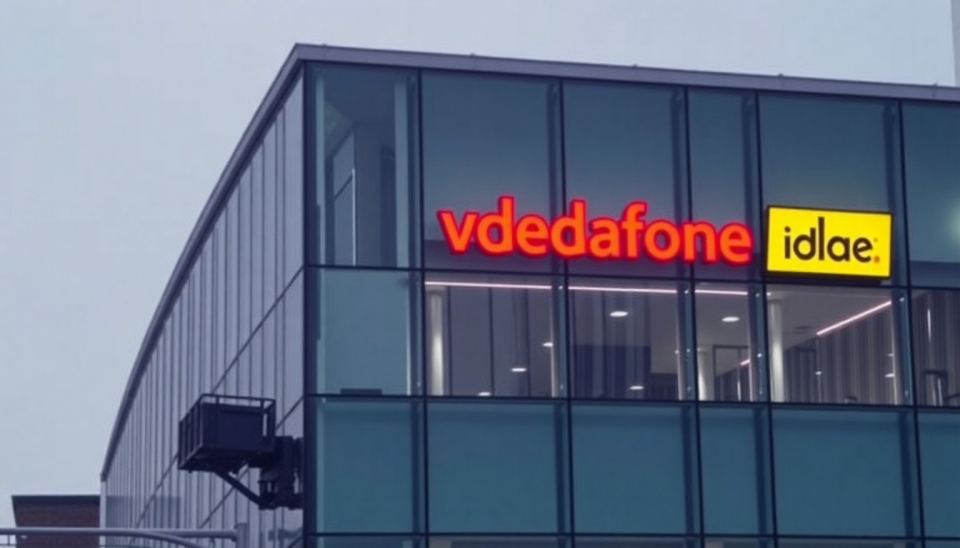
In a significant shift in its investment strategy, Vodafone has announced plans to sell its remaining stake in Indus Towers, a leading telecommunications infrastructure company in India. This move comes as the telecom giant looks to streamline operations and focus on core business areas amidst a rapidly evolving market landscape.
The decision, revealed in early December 2024, marks the culmination of Vodafone's efforts to exit its investment in Indus Towers, which has been under financial pressure over recent years. The company’s stake in Indus Towers is estimated to be valued at approximately $1.5 billion. By divesting its interest, Vodafone aims to bolster its liquidity and reduce debt, which has been a continual challenge for the UK-based carrier.
Indus Towers was founded in 2007 as a joint venture between Vodafone, Bharti Airtel, and Idea Cellular, with the objective of creating a robust telecommunications infrastructure. Over the years, the company has played a crucial role in supporting telecom operators by offering shared tower services, thereby reducing operational costs. However, market dynamics, including increased competition and regulatory changes, have necessitated a reevaluation of Vodafone's investment in the tower company.
Vodafone's exit is particularly poignant as the Indian telecom sector has witnessed significant consolidation and competitive pressures, particularly from operators such as Reliance Jio. Jio's aggressive pricing strategies have reshaped the market, forcing established players like Vodafone to rethink their operational frameworks and financial commitments.
Analysts suggest that this divestment aligns with Vodafone's broader strategy to focus on its European markets and enhance financial stability. The company has been grappling with stagnant growth in India for several years, which, coupled with the recent operational difficulties, further supports the case for the divestiture.
The funds generated from this sale are expected to fortify Vodafone's balance sheet, offering it the necessary flexibility to reinvest in growth opportunities or pay down existing debt. As the company navigates through these transitions, industry observers will be closely monitoring how it adapts to the changing global telecommunications environment.
As part of its ongoing restructuring efforts, Vodafone has also been exploring partnerships and joint ventures to enhance its service offerings and improve operational efficiencies in other regions. The imminent sale of its remaining stake in Indus Towers may serve as a catalyst for further strategic realignments within the company, aiming to ultimately secure a more sustainable growth trajectory.
In conclusion, Vodafone's decision to divest last shares in Indus Towers underscores a proactive approach toward optimizing its asset portfolio and managing financial challenges. Stakeholders will be keen to see how this strategic move influences Vodafone's positioning in the competitive telecom landscape moving forward.
#Vodafone #IndusTowers #Telecom #Investment #Divestment #India #MarketTrends #BusinessStrategy #FinancialStability
Author: Liam Carter




